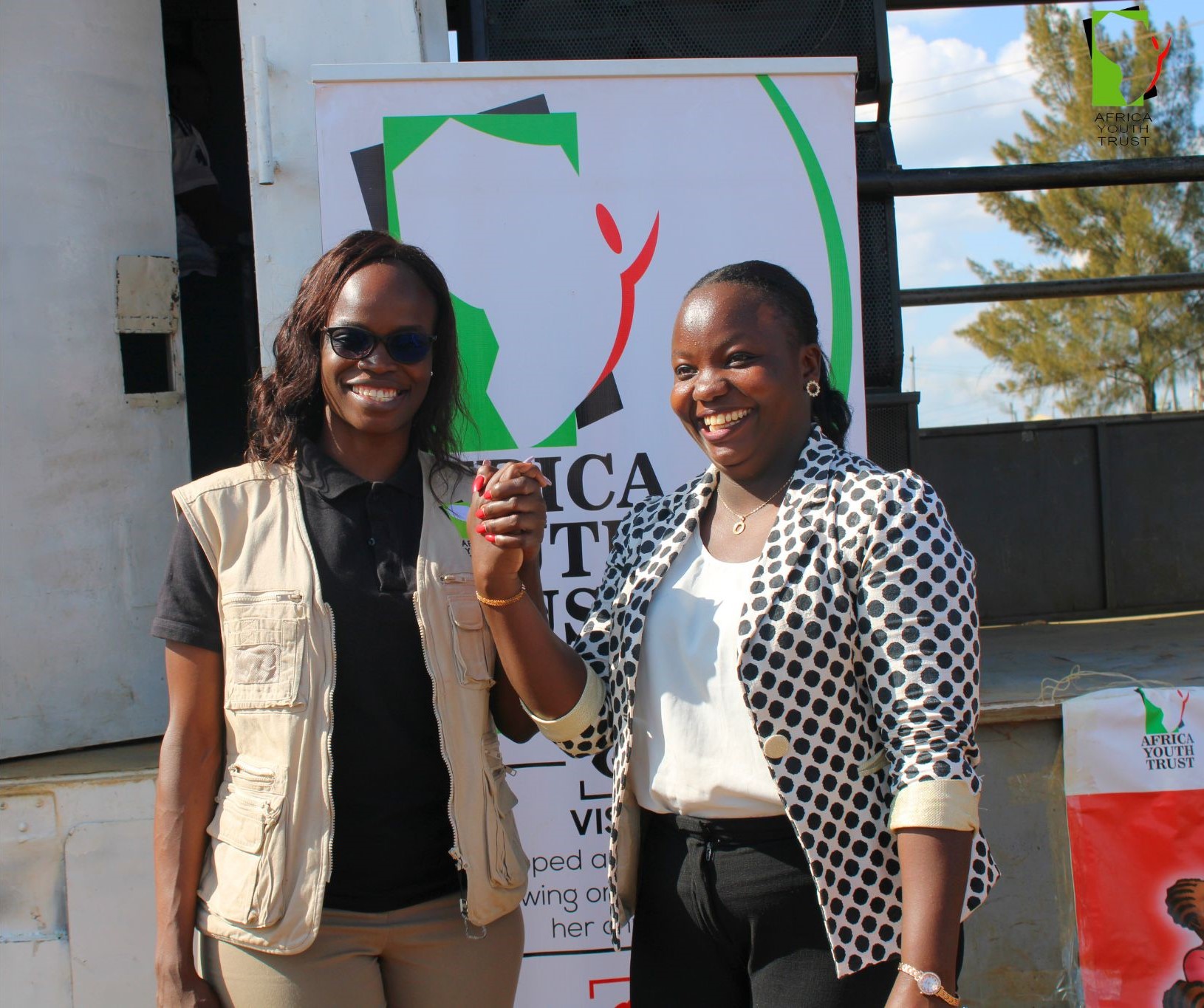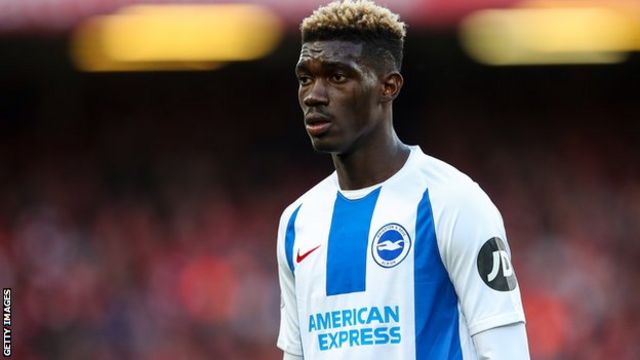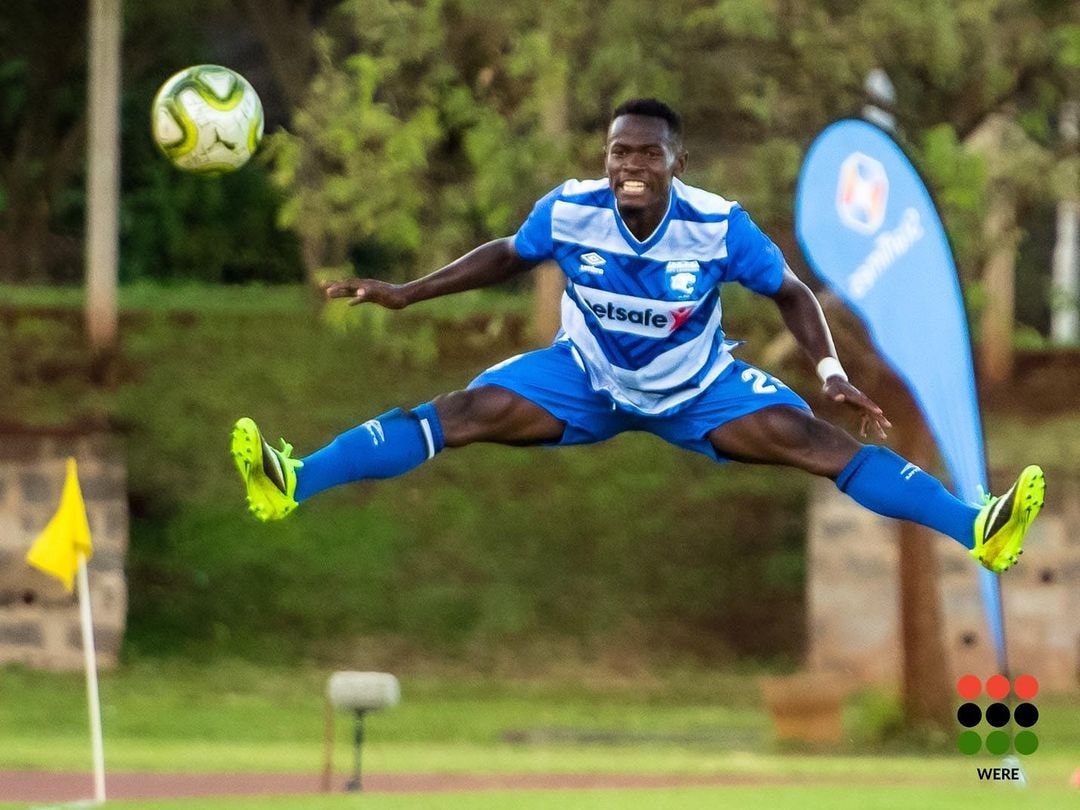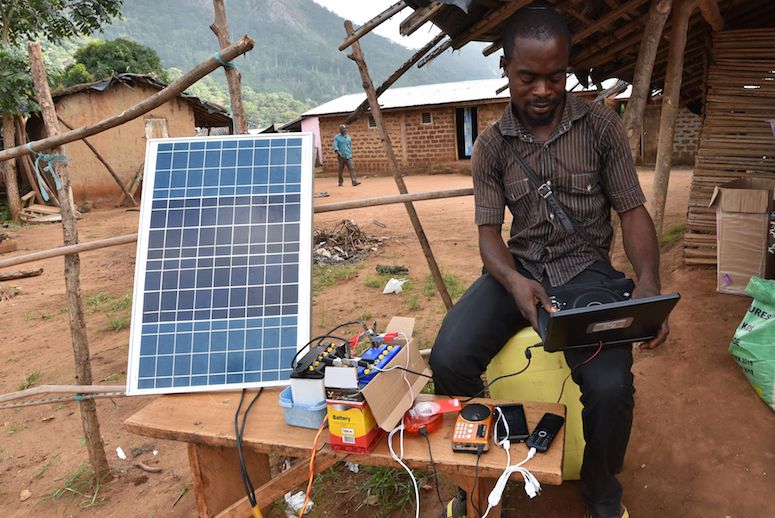FALSE: Photo does not show the drought situation in Embolioi, Kajiado County, in October 2022
ALTERED: This image showing Kenya’s DP Gachagua behind President Ruto and King Charles III is doctored

An image shared on Facebook purporting to show Kenyan Deputy President Rigathi Gachagua in a tracksuit behind President William Ruto and King Charles III has been ALTERED.
The image depicts Gachagua in a yellow tracksuit, a blue cap, and sneakers, seemingly walking behind Ruto and King Charles III, both dressed in suits. The image has an accompanying post partly in Swahili that translates to: “Riggy G wants to take the king on a morning walk.”
The image has also been shared here and here.
Riggy G is a moniker used to refer to Gachagua, who advocates for morning walks, as seen here. The deputy president has in the past been spotted in a similar yellow tracksuit.
But is the image legitimate?
The image, shared on 31 October 2023, comes during King Charles III and Queen Camilla’s visit to Kenya.
The Royal couple was received at State House by Ruto, First Lady Rachel, and Prime Cabinet Secretary Musalia Mudavadi, among other dignitaries.
A Google reverse search to ascertain if the claim image exists does not yield any results.
However, a keyword search on X (formerly Twitter) yields numerous posts about the visit. One such post is from Kenyan news outlet Citizen TV, which shared an image of Ruto with the British monarch. This image, notably clearer and in the broader shot, shares similarities with the photo under our scrutiny, except for Gachagua’s appearance.
The image has also been shared here, here and here.
Further, according to media reports, Gachagua has been out of the country on an official visit to Belgium and Germany, which began on 24 October 2023. Gachagua was expected back on the evening of 31 October 2023.
PesaCheck has looked into an image shared on Facebook purporting to show Deputy President Rigathi Gachagua in a tracksuit behind President William Ruto and King Charles III and found it to have been ALTERED.
This post is part of an ongoing series of PesaCheck fact-checks examining content marked as potential misinformation on Facebook and other social media platforms.
By partnering with Facebook and similar social media platforms, third-party fact-checking organisations like PesaCheck are helping to sort fact from fiction. We do this by giving the public deeper insight and context to posts they see in their social media feeds.
Have you spotted what you think is fake or false information on Facebook? Here’s how you can report. And, here’s more information on PesaCheck’s methodology for fact-checking questionable content.
This fact-check was written by PesaCheck fact-checker Harriet Ogayo and edited by PesaCheck senior copy editor Cédrick Irakoze.
The article was approved for publication by PesaCheck managing editor Doreen Wainainah.
PesaCheck is East Africa’s first public finance fact-checking initiative. It was co-founded by Catherine Gicheru and Justin Arenstein, and is being incubated by the continent’s largest civic technology and data journalism accelerator: Code for Africa. It seeks to help the public separate fact from fiction in public pronouncements about the numbers that shape our world, with a special emphasis on pronouncements about public finances that shape government’s delivery of Sustainable Development Goals (SDG) public services, such as healthcare, rural development and access to water / sanitation. PesaCheck also tests the accuracy of media reportage. To find out more about the project, visit pesacheck.org.

PesaCheck is an initiative of Code for Africa, through its innovateAFRICA fund, with support from Deutsche Welle Akademie, in partnership with a coalition of local African media and other civic watchdog organisations.






